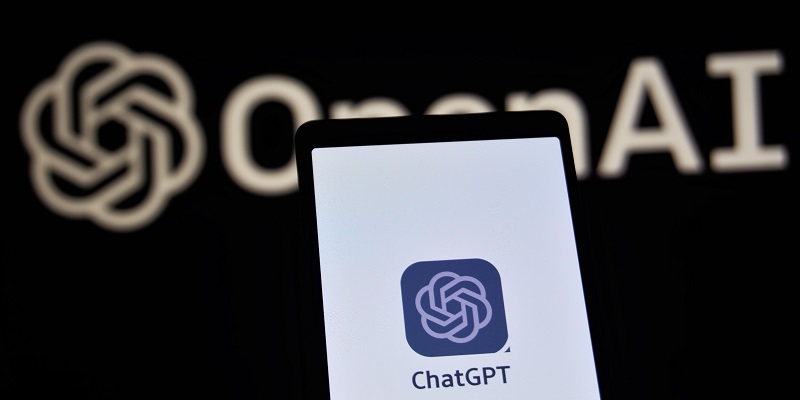In a move to cater to the growing demand for AI-powered tools in the corporate world, OpenAI has announced the release of “ChatGPT Enterprise,” a business-specific version of its popular ChatGPT tool. With a focus on enhanced security and privacy, ChatGPT Enterprise aims to provide companies with a powerful and reliable solution for their conversational AI requirements.
Addressing the need for secure and private AI tools, ChatGPT Enterprise offers enterprise-grade security measures that prioritize the protection of sensitive information. OpenAI understands the importance of maintaining confidentiality in business settings, and their commitment to ensuring privacy sets their offering apart from other alternatives in the market.
The launch of ChatGPT Enterprise has already garnered attention from prominent companies such as fintech startup Block, Estee Lauder Companies, and PwC, who have become early adopters of the tool. These organizations recognize the potential that ChatGPT Enterprise holds in streamlining customer interactions, improving efficiency, and enhancing the overall user experience.
Interestingly, employees from over 80% of Fortune 500 companies have already been utilizing ChatGPT, showcasing the widespread popularity and acceptance of OpenAI’s AI-powered chat tool within the corporate sector. However, privacy and security concerns have led many companies to impose restrictions on the usage of the tool. With the introduction of ChatGPT Enterprise, OpenAI aims to address these concerns head-on and provide a trustworthy solution that meets stringent corporate requirements.
OpenAI, in an effort to ensure data protection, emphasizes that ChatGPT Enterprise does not train on business data or conversations. This approach ensures that sensitive company information remains confidential and eliminates the risk of data leakage. By decoupling the learning process from specific business interactions, OpenAI underscores its commitment to preserving corporate privacy.
While specific pricing levels for ChatGPT Enterprise have not been publicly disclosed, interested businesses are encouraged to contact OpenAI’s sales team for further information. OpenAI aims to offer flexible pricing options that align with the individual needs and scale of each organization, ensuring that businesses of all sizes can leverage the benefits of their AI tool.
Notably, OpenAI is not the only major player in the market offering a business-focused AI chat tool. Microsoft previously introduced Bing Chat Enterprise, which also emphasizes security and privacy features. Given that Microsoft has made a significant multi-billion-dollar investment in OpenAI, there may be potential overlap and competition between the two companies’ AI offerings. It remains to be seen how this dynamic will unfold and what it means for the wider AI landscape.
Looking ahead, OpenAI has ambitious plans to onboard as many enterprises as possible in the coming weeks. They acknowledge the importance of gathering feedback and insights from businesses to further refine and evolve ChatGPT Enterprise. OpenAI’s commitment to continuous improvement and customer satisfaction positions them as a proactive partner for businesses seeking AI solutions.
In conclusion, the launch of ChatGPT Enterprise by OpenAI heralds a new era of AI-powered tools specifically tailored for the corporate world. With a focus on security, privacy, and customization, OpenAI strives to meet the diverse needs of businesses across industries. As more enterprises embrace the potential of AI, ChatGPT Enterprise stands as a testament to OpenAI’s commitment to providing cutting-edge technologies that empower organizations to succeed in the digital age.

